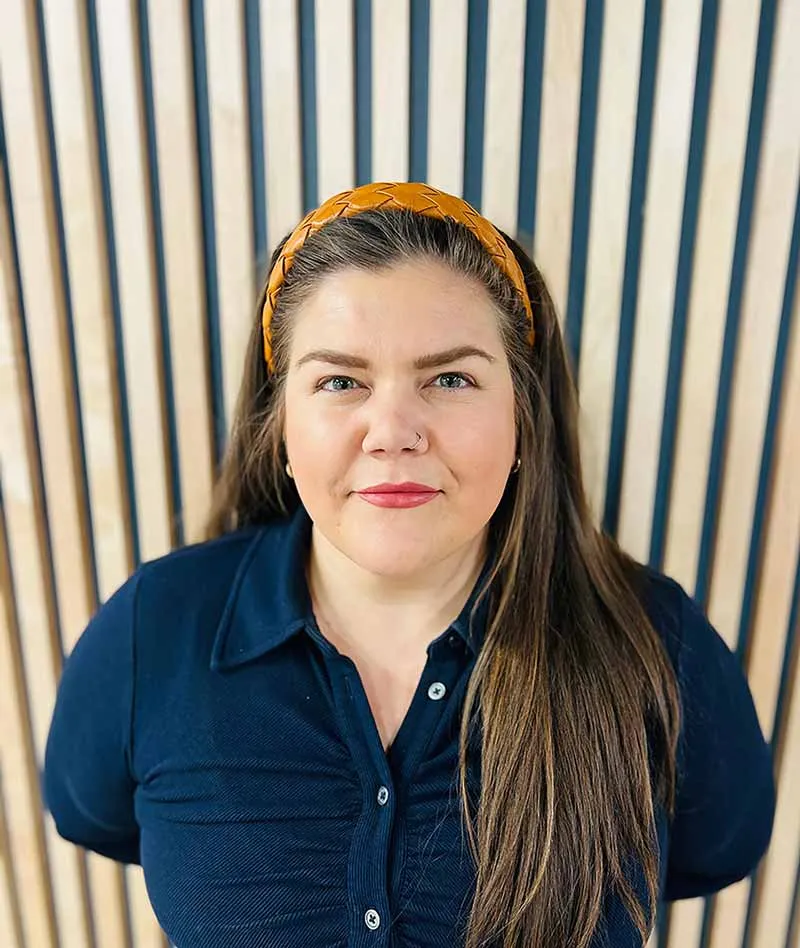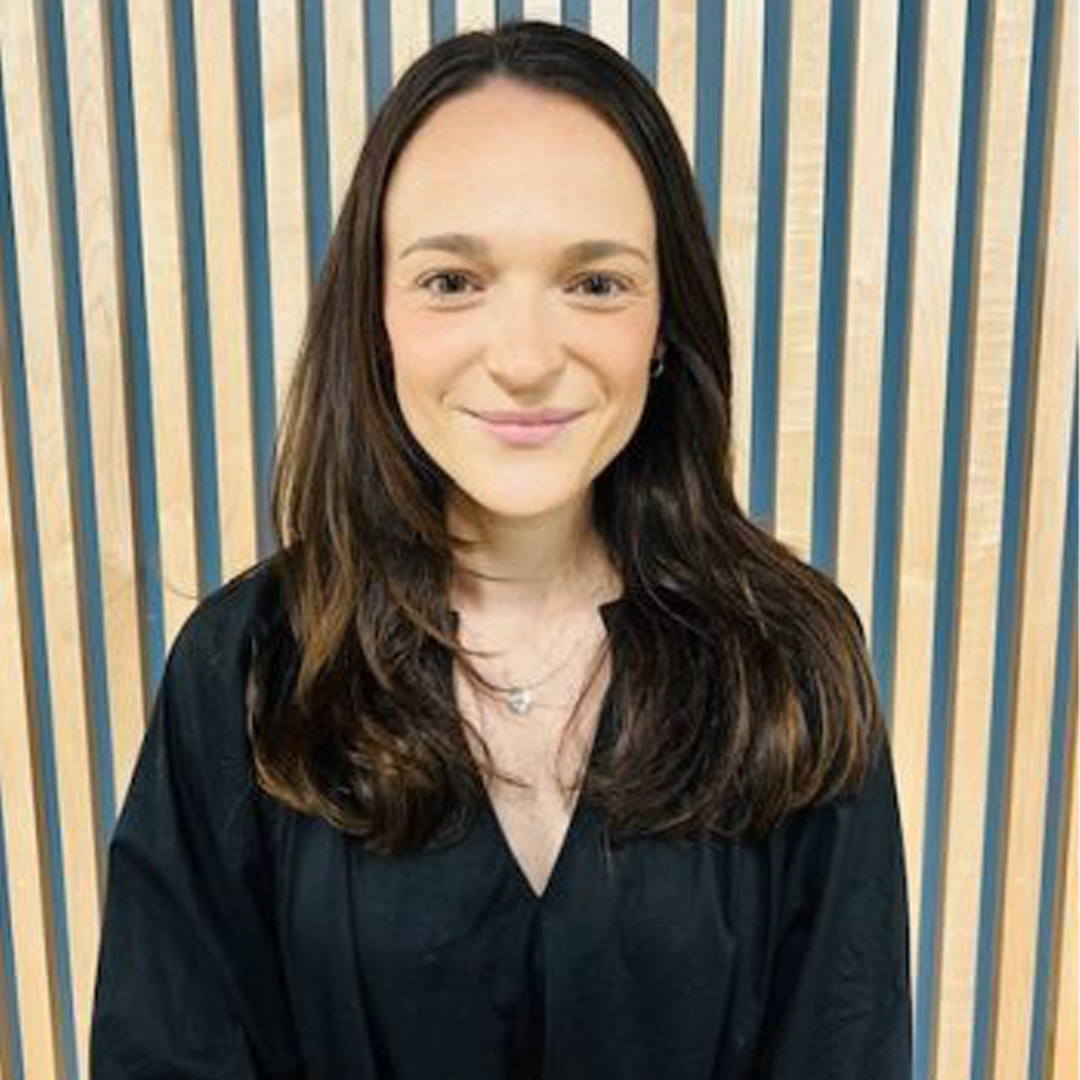Benzo Addiction Treatment in Atlanta
Addiction to prescription drugs like benzodiazepines can lead to harmful consequences. At Valor Behavioral Health, we offer treatment solutions for benzodiazepine (benzo) addiction in Atlanta, Georgia.
Benzodiazepines are frequently prescribed to manage conditions like anxiety and insomnia, but when misused, they can lead to severe dependence and addiction. With millions of people using these medications, a significant number fall into patterns of misuse, which can negatively impact their well-being and overall quality of life. Proper treatment for benzo addiction is essential for individuals seeking to overcome this toxic cycle.
At our Atlanta-based drug rehab, our comprehensive approach encompasses the support and resources necessary to help people break free from dependency, reclaim their lives, and maintain their recovery progress.
Contact us today to learn more about our drug rehab in Atlanta, GA.
What are Benzodiazepines?
Benzodiazepines, also referred to as benzos, are a class of prescription medications mostly used to treat conditions such as anxiety, panic disorders, insomnia, muscle spasms, and seizures. These drugs work by enhancing the effects of a neurotransmitter in the brain called gamma-aminobutyric acid (GABA), which has a calming effect on the central nervous system.
Benzodiazepines are often prescribed for short-term use as their high potential for dependence and addiction makes them unsuitable for long-term treatment. As a result, benzodiazepines are classified as Schedule IV controlled substances in the United States. This means they are only legally available through a prescription and are subject to strict monitoring.
Doctors typically limit the duration of treatment and carefully track usage to minimize the risk of misuse, as these medications can lead to tolerance, dependence, and withdrawal symptoms when not taken properly.
What is Benzodiazepine Addiction?
Benzo addiction can develop when benzos are taken for longer than prescribed or in higher doses than recommended. As the body becomes accustomed to the drug, tolerance builds—meaning the individual needs increasingly larger amounts to achieve the same calming or sedative results. This can lead to physical dependence, where the body relies on the drug to function normally.
Once physical dependence is established, reducing or halting benzo use can result in withdrawal symptoms such as anxiety, irritability, and trouble sleeping. Over time, the brain may undergo changes in areas related to reward and motivation, which reinforces the need for continued use. Ultimately, this process often results in addiction—necessitating professional intervention.
How Addictive Are Benzodiazepines?
Benzodiazepines can be highly addictive, especially when used for extended periods or outside of prescribed guidelines. Tolerance can develop quickly, sometimes within just a few weeks of use.
The risk of addiction is increased when benzodiazepines are taken in large quantities, combined with other substances like alcohol or opioids, or when a person has a history of substance abuse. These factors can significantly heighten the likelihood of dependence and addiction, making careful monitoring and proper treatment vital for anyone at risk.
Our Benzodiazepine Addiction Treatment Program
Valor Behavioral Health offers a wide-range of individualized treatment programs. We want to support our clients throughout every step of their recovery journey, ensuring they have the best chance of avoiding relapse and achieving personal fulfillment.
The types of programs offered to those in our benzo addiction treatment are highlighted below:
Partial Hospitalization Program (PHP)
Our partial hospitalization program (PHP) offers intensive care with full-day treatment. Individuals typically attend therapy sessions five days a week, while returning home or to a sober living environment in the evenings. The program offers a high-level of structure and support, allowing individuals to build the skills necessary for long-term recovery.
Intensive Outpatient Program (IOP)
Our intensive outpatient program (IOP) provides a more flexible approach to treatment without compromising a necessary level of care. Participants attend treatment three to five days a week for several hours at a time. It is an ideal step down from a PHP and focuses on relapse prevention and strengthening essential coping mechanisms.
Outpatient Program
Outpatient programs (OPs) allow individuals to assimilate back into their lives without losing their foothold in recovery. Participants attend weekly therapy and support sessions while resuming personal and professional responsibilities. This allows clients to apply the coping skills learned in treatment to the outside world.
Adolescent Program
Our adolescent program offers personalized care for teens struggling with addiction or mental health challenges. Designed to address the unique issues adolescents face in recovery, this program incorporates several therapeutic strategies with family involvement. The overall goal is to help teens build a solid foundation for a bright, healthy future.
Sober Living in Atlanta
Sober living environments allow individuals to focus on recovery without any triggers or stressors. These homes provide community, support, and structure to help individuals stay sober throughout treatment. Furthermore, it teaches individuals valuable life skills and helps them smoothly integrate back into their day to day routines.
Evening IOP
We want our treatment services to be as accessible as possible, which is why we offer a convenient evening IOP in Atlanta for those who have daytime commitments. Allowing for participants to attend school or work during the day, sessions are held in the evenings for a few hours at a time. That way, individuals can remain committed to recovery without disrupting their daily lives.
Alumni Programming
Our support does not stop when a client’s formal program comes to an end. We offer several resources to our alumni in order to facilitate a sense of community and encourage long-term sobriety. This may include continued therapy, support sessions, group settings, and alumni events/opportunities.
Signs and Symptoms of Benzo Addiction
Recognizing the signs and symptoms of benzo addiction in yourself or others is essential for seeking timely professional help.
While the exact effects of benzo misuse may vary, some common warning signs that indicate treatment is necessary include:
- Seeking higher doses or more frequent prescriptions than originally recommended
- Taking more than prescribed
- Experiencing difficulty with memory, concentration, or focus
- Attempting to buy, borrow, or steal someone else’s prescription medication
- Engaging in doctor shopping to acquire additional prescriptions
- Slurred speech
- Feeling lightheaded, dizzy, or physically weak
- Using benzos beyond the prescribed duration
- Demonstrating frustration or distress when unable to take the drug
- Mixing benzodiazepines with alcohol or other substances for intensified effects
- Showing unusual irritability or agitation
The Most Commonly Abused Benzos
While benzos can provide relief for some mental health issues, abuse can lead to dependence and, over time, addiction. Types of these medications that individuals most frequently develop an addiction to are listed below, with the brand name first and the generic name in parentheses:
- Xanax (Alprazolam)
- Ativan (Lorazepam)
- Valium (Diazepam)
- Klonopin (Clonazepam)
- Tranxene (Clorazepate)
- Restoril (Temazepam)
- Halcion (Triazolam)
How We Treat Benzodiazepine Addiction
At Valor Behavioral Health, we take an integrated approach to addiction treatment. Our benzo addiction program in Atlanta consists of a combination of clinically-proven modalities and holistic healing methods to provide a full-body approach to healing. Ultimately, our goal is to set our clients up for long-term change and ongoing recovery.
Ways we treat benzodiazepine addiction include:
Benzo Addiction Statistics
Across the nation, benzodiazepine addiction remains a significant concern. In 2023, approximately 4.7 million people reported misusing prescription tranquilizers or sedatives, such as benzodiazepines. Young adults aged 18 to 25 exhibited the highest rates of misuse, with almost 600,000 taking these medications illicitly or not as prescribed.
Benzo misuse is highly dangerous and, as reflected in overdose statistics, can be fatal. In 2021, benzodiazepine-related overdoses contributed to nearly 13,000 deaths. These statistics emphasize the severe toll of substance use in the United States and the need for swift and effective treatment. With almost 5 million Americans misusing these drugs and a high number susceptible to overdose, properly addressing benzo addiction is vital.
Addiction Treatment
Get Help Now
If you or a loved one is struggling with mental health issues or dual diagnosis disorders and seeking a balanced approach to recovery, our Fentanyl Rehab in Atlanta may be the right choice.
Find Benzo Addiction Treatment in Atlanta, GA
Overcoming benzodiazepine addiction is possible. With the right support and guidance, you can break free from dependency and rediscover a life of health and purpose. Our experienced and knowledgeable team is here to help you throughout every step of the treatment process. It’s time to put your future first.
To start on the road to recovery today or to learn more about the services we provide, give us a call or visit our admissions page.
Find Mental Health Treatment in Atlanta
*By submitting this form, you consent to us reaching out to you
Treatment Philosophy

Meet Our Team
















